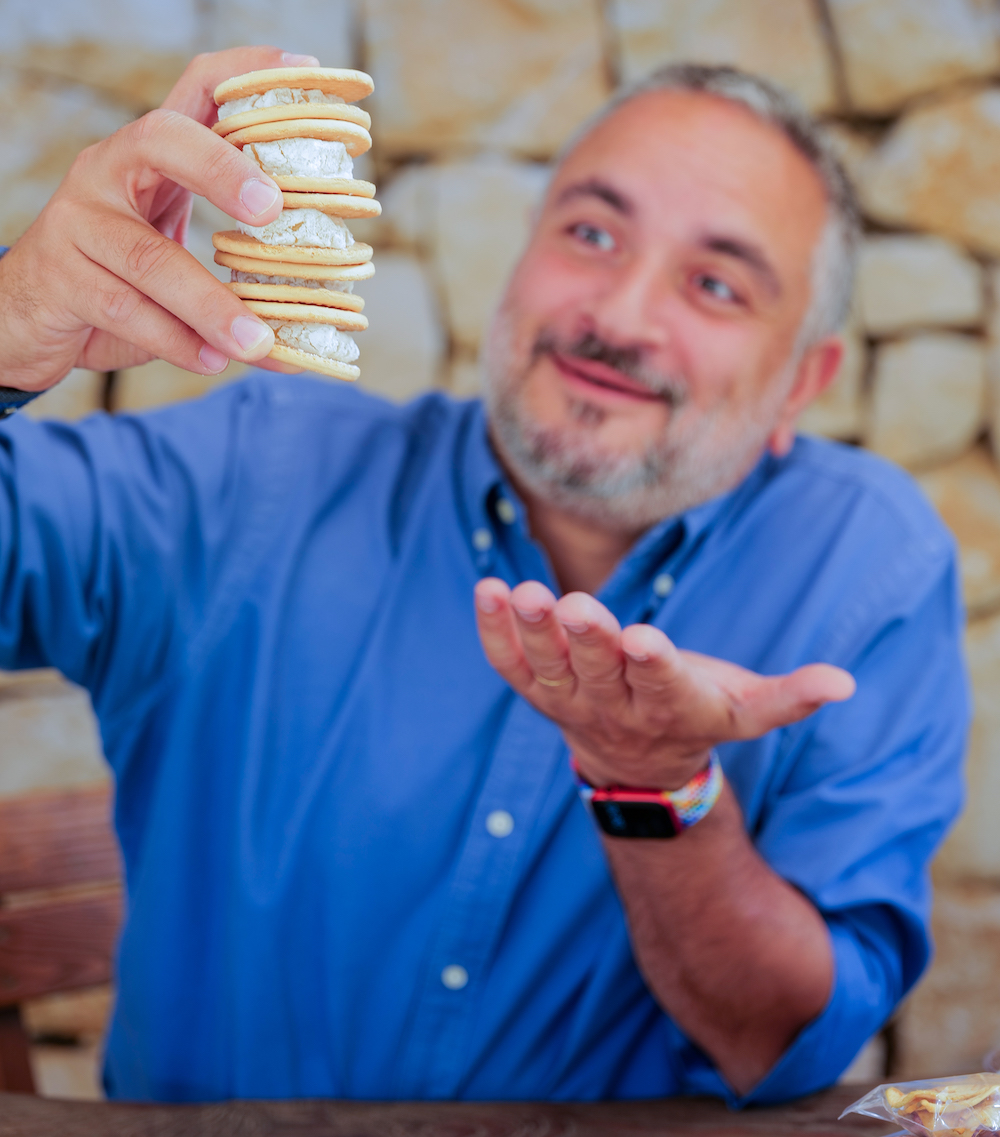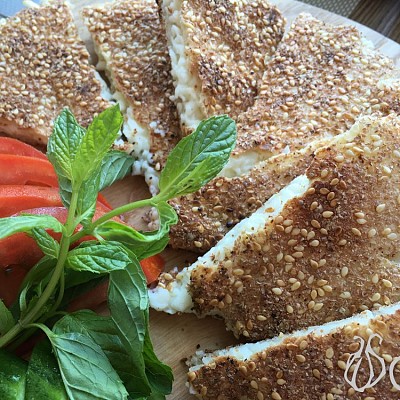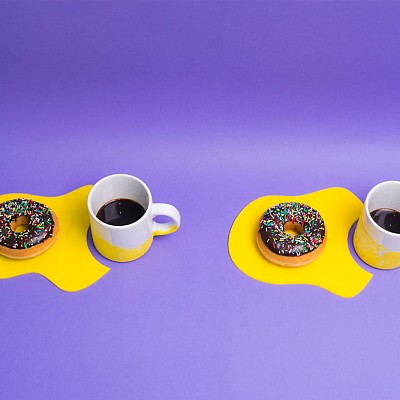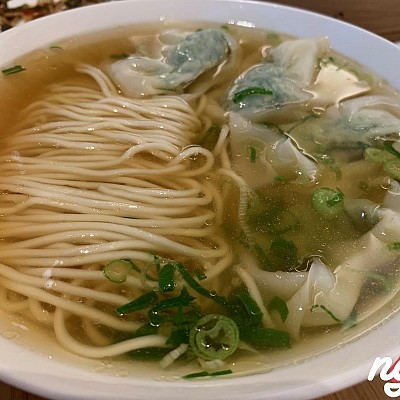Why and How we Should Feed our Curiosity By Houda Harb
A Harvard Business Review article from some years back made the valid point that the analogy we often use for food being merely fuel for humans is somewhat misleading. This is because the effect of the foods we eat goes beyond just being fuel for the body and it has a direct impact on our cognitive performance. Just think of the last time you made a poor decision at lunchtime and how that poor decision derailed your entire afternoon!
As the article explains, with fuel, you can reliably expect the same performance from your car no matter what brand of unleaded you put in your tank. However, food is different because you don’t get the same performance outcome from each and every type of food since the way the body processes food differs depending on the type of food. Let’s take this idea a step further and look at how we can use food to steer our feelings in one direction or another.
Today I’ve chosen to focus on the feelings of hope and despair since we hear these things talked about a lot these days and since despair is where most people seem to find themselves on this spectrum, thanks to the sheer volume of negative news surrounding us daily. To use food to tackle this reality, we need to look at what the leverage point is between hope and despair. So what is that leverage point? It’s curiosity. We hear it all the time from psychologists, ‘I don’t know’ is powerful when it’s followed by ‘I wonder why?’. Curiosity is a superpower against anxiety.
The reality for many of us, when faced with uncertainty, is we leap straight into despair. When we meet uncertainty with ‘I don’t know’, what we’re basically saying to ourselves is: ‘I’m too busy to find out or ‘I’ll check Google later’, or; ‘the world makes no sense and I can’t take it anymore.’ If you’ve ever wondered why we live in an increasingly anxious world, it’s because of this direct link between curiosity and anxiety.
When we engage our curiosity, it has the effect of activating the same parts of the brain that light up when we learn something new or accomplish a goal. Curiosity stops your anxious brain from thinking of every worst-case scenario because while anxiety drives fear, curiosity invites wonder. Wonder causes us to seek new knowledge and in doing that, scary feelings like uncertainty diminish. Curiosity tempers distress and make us less defensive and in better control of stress. The upshot of all this is we come out the other side with a sense of hope. Yes, hope.
So let’s come back to the subject of food and this time focus on the link between food consumption and mood, or behaviour. The conclusion many studies have come to over the years is that the more fruits and vegetables we consume, the happier, more engaged, and more creative we tend to be. Why? A common theory is that fruits and vegetables contain vital nutrients and antioxidants, which foster the production of dopamine, a neurotransmitter that plays a key role in the experience of curiosity, motivation, engagement and mood enhancement.
How about next time you feel that sense of uncertainty, you make a determined effort to flip that anxiety to curiosity, feed your body these behavior-transforming foods several times a day and see if you come out the other side with a sense hope. Have a great week everyone. And for those of you in Lebanon, ‘tis the season for apples, so eat more Lebanese apples!






































